
Good morning Poppy. Thank you for taking the time today to answer a few questions. Maybe we can begin by hearing about Arctoris and what services are offered to clients globally?
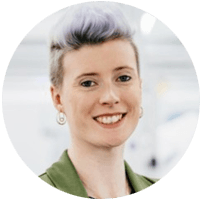
Good morning Sun. Arctoris is a platform company across all stages of drug discovery from target identification/ validation up to lead optimization. We conduct a wide variety of cell-based assays (including cell health, immunological or inflammatory responses, metabolic status, and pathway activity), various molecular biology techniques (including qRT-PCR for single targets to hundreds of genes, absolute RNA quantification using digital PCR, TempO-Seq based whole genome or gene panel sequencing, and protein level quantification) as well as a variety of kinetic and mechanistic biochemical data packages (including bespoke assay development to support the Hit-to-Lead and Lead Optimization stages of drug discovery) – all using our robotic platform, Ulysses, in Oxford. Our scientific team has vast experience in working across wide fields of research including cancer biology, neuroscience, and immunology, to provide expert advice and project support for our partners in biotech, pharma, and academia, with whom we embark on integrated drug discovery projects.

Can you tell us what is unique or different about Arctoris compared with other services providers?

At Arctoris we champion precise and accurate data by using top-class equipment in a fully automated fashion to reduce human error and increase confidence in the results. Whereas other companies use automation almost exclusively for high-throughput screens, we use automation at every opportunity (even for a single plate) to ensure that we can leverage the power of automation for every experiment.

How long have you worked at Arctoris, and how has the company changed over the years?

I joined Arctoris 3.5 years ago, at the very beginning of the company’s journey. I oversaw the planning and set up of our first laboratory including our robotics prototype. Since then, we have grown significantly – we moved into our new, much fancier offices and custom laboratories with an expansion in lab equipment and scientific capabilities. Alongside this, we have grown our personnel and now have strong teams of scientists, engineers, sales, and marketing as well as a healthy supply of popcorn and M&Ms to make the company run smoothly. Our founding principles remain the same as they did when the company was established – we want to enable first-class science by bringing the benefits of automation to all stages of drug discovery (i.e. not limited to screening) and therefore bring better drugs to patients, faster.

How has the Coronavirus pandemic impacted lab operations?

One of the benefits of having automation at the heart of our company is that the pandemic hasn’t affected our ability to conduct our clients’ and partners’ projects. We moved all non-scientific staff to remote working and encouraged our scientists to work from home when they didn’t need to be in the lab. In the latest lockdown, we implemented a shift pattern but we are proud to report that all of our projects have continued uninterrupted.

Before the Cellaca, how were you counting your cells?

During my Ph.D. I solely used a hemocytometer and a clicker (very old school!). I was very excited when I got to use a neighboring lab’s Millipore Scepter for a couple of weeks so you can imagine my joy when I first saw the Cellaca being demonstrated!

If you had bought the closest competitor instead of the Cellaca, what would you now be limited by?

We also reviewed the Vi-Cell, however, to allow for integration into our automation platform, we would have had to adapt the device both at a hardware as well as a software level which would have significantly increased the onboarding time, cost, and complexity. The throughput and count speed would also have been significantly longer with the Vi-Cell, while it also requires a significantly higher sample volume compared to the Cellaca, which can be problematic, especially for precious samples.

Can you tell us what is the single best thing about the Cellaca technology?

Our scientists love how easy and quick the Cellaca is to use as well as the amount of information gained in each read.

How important is after-sales support to you, and how do you rate Nexcelom Bioscience support so far?

Due to the complex nature of integration with the automation system we do need excellent after-sales support and we have found that Nexcelom Bioscience has been swift in responding to any issues or questions we have raised. Additionally, the whole team is very friendly and it is always a pleasure to speak with anyone at Nexcelom Bioscience.

Would you recommend Nexcelom Bioscience and the Cellaca cell counter?

We would highly recommend Nexcelom Bioscience, the Cellaca, and the Auto 2000 (one of my colleagues’ personal favorites for cell counting). The Cellaca is excellent for anyone needing to run multiple cell counts whether they use the automation integration or not, and the Auto 2000 is perfect for lower-throughput applications in conventional lab operations.

How can prospective clients contact you with new project proposals and ideas?

Prospective clients and partners can find out more about us by visiting our website or get in touch via email (welcome@arctoris.com), where a dedicated member of our team will be able to field any inquiries. You can also check out our explainer video showcasing Ulysses, our fully automated drug discovery platform! For the latest updates, our LinkedIn page and Medium blog are the places to check out.

What new services are Arctoris looking to offer in the future?

We are continuously expanding our platform – this includes adding new devices that we integrate into our automated setup, new techniques and methods (such as complex cell models), and above all expanding our team of experienced scientists. In addition, we are growing our global footprint – in addition to our Oxford headquarters and our Asia-Pacific operations in Singapore we will soon be opening our US office in Boston. Exciting times!
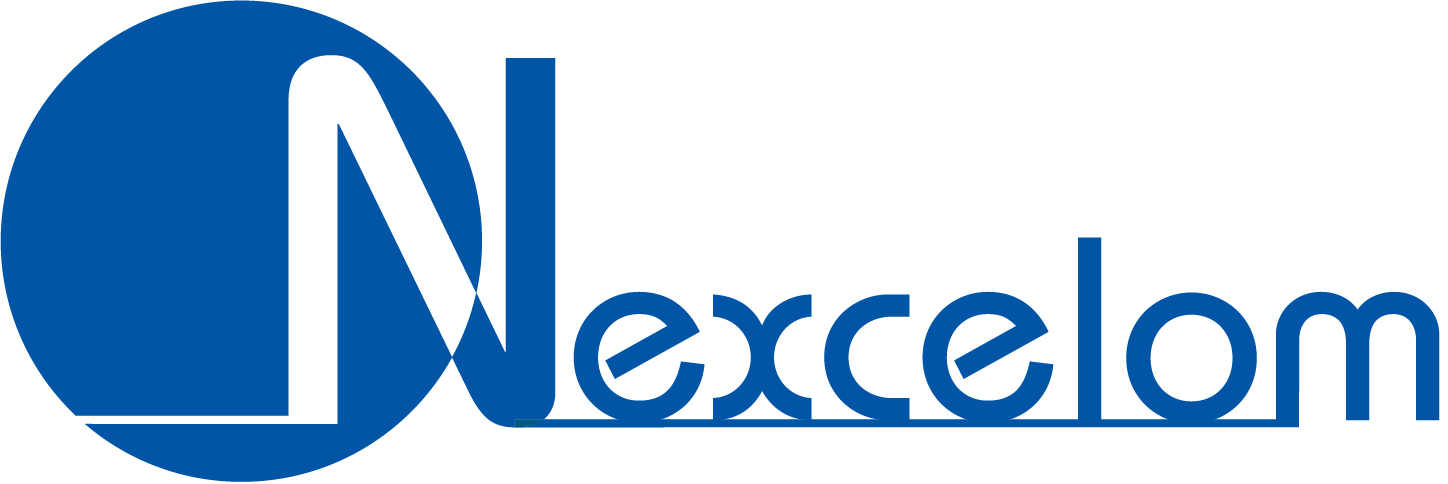

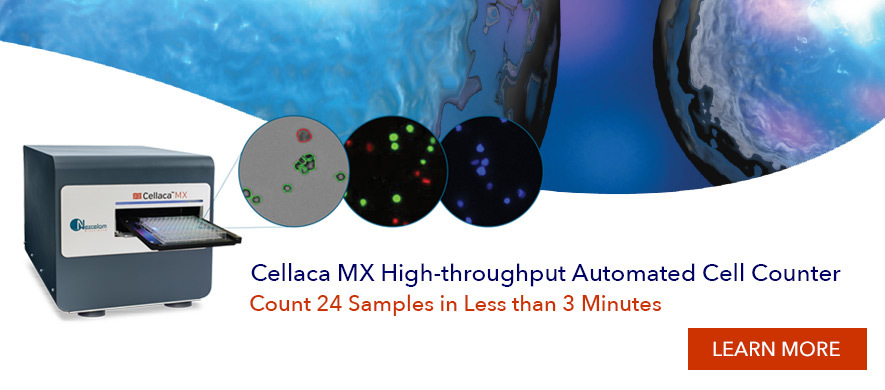
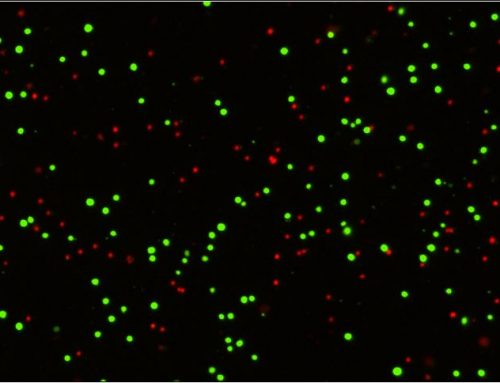
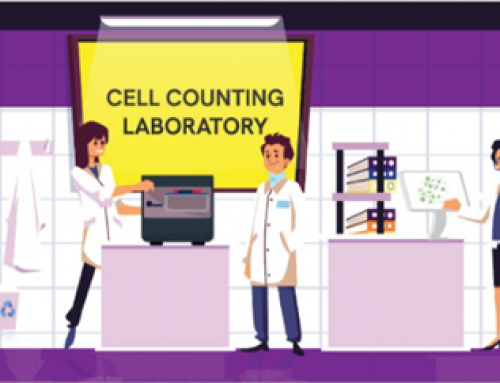

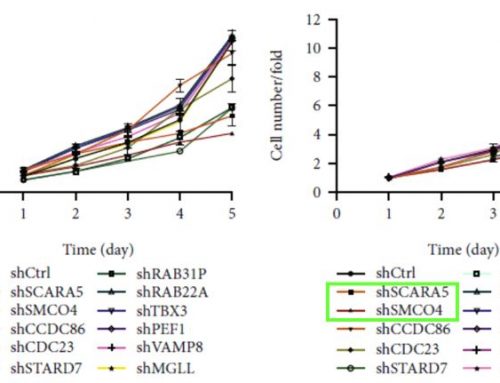

Leave A Comment